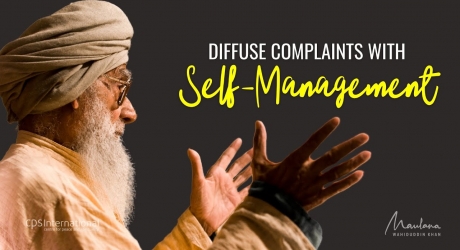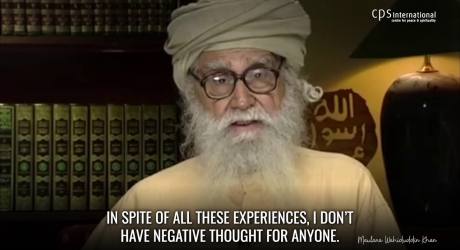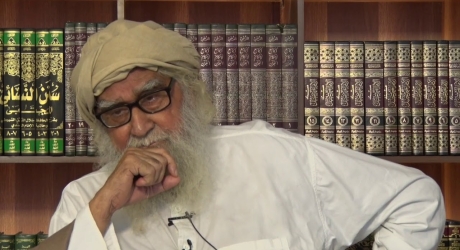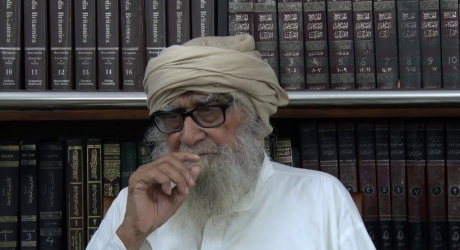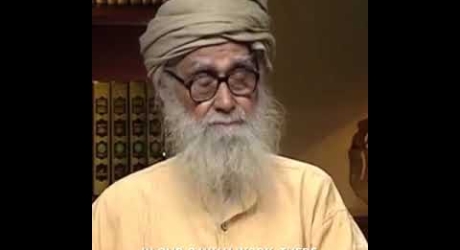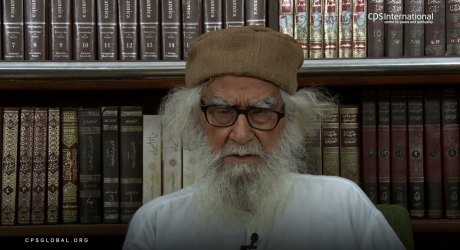Hamd, I believe, is a very difficult task. It is easy to utter this in words, as people generally do. People simply utter words of praise. The world in which you live will repeatedly give you negative and unpleasant experiences. We face provocation and complaints. How then do we thank God? This is my discovery. Perhaps I have been the first to discover that we must forget complaints. Only then can we say Alhamdulillah, otherwise we can't really say it.
I have re-discovered every verse of the Quran. I will give an example. Take the first verse: الْحَمْدُ لِلَّهِ رَبِّ الْعَالَمِينَ (1:2) About the word hamd, it is said that it contains both the meanings of praise and thankfulness. All praise is for God and all thanks is due to God, the Lord of the worlds. Hamd, I believe, is a very difficult task. It is easy to utter this in words, as people generally do. People simply utter words of praise. The world in which you live will repeatedly give you negative and unpleasant experiences. We face provocation and complaints. How then do we thank God? This is my discovery. Perhaps I have been the first to discover that we must forget complaints. Only then can we say Alhamdulillah, otherwise we can't really say it. We live in complaints. Complaints against the neighbour and other people. Every time we experience something that leads to complaints within. We don’t live amongst angels. As long as you don’t have the capacity to forget complaints, whatever someone does, you should retain your positivity. Otherwise, you can't thank God. Before saying الحمد لله there is pre-hamd. That is, to kill your feelings of negativity. Only then can you truly say, All praise is for God, the Lord of the worlds. But people don’t prepare themselves for this.





